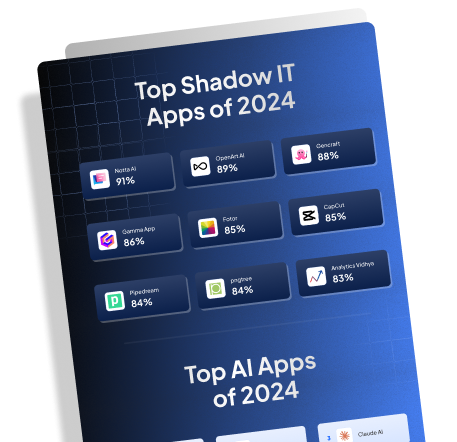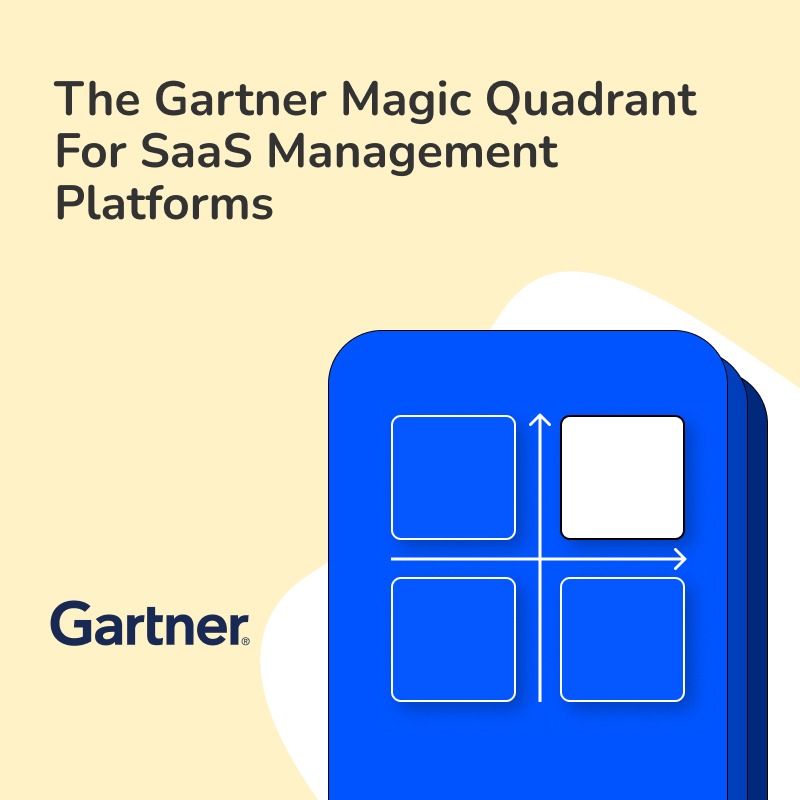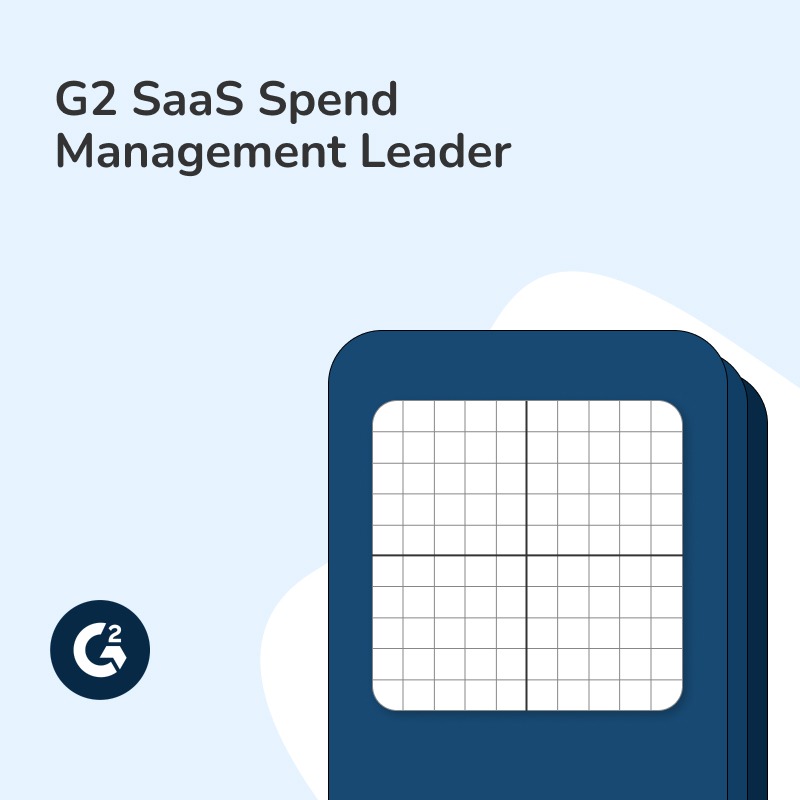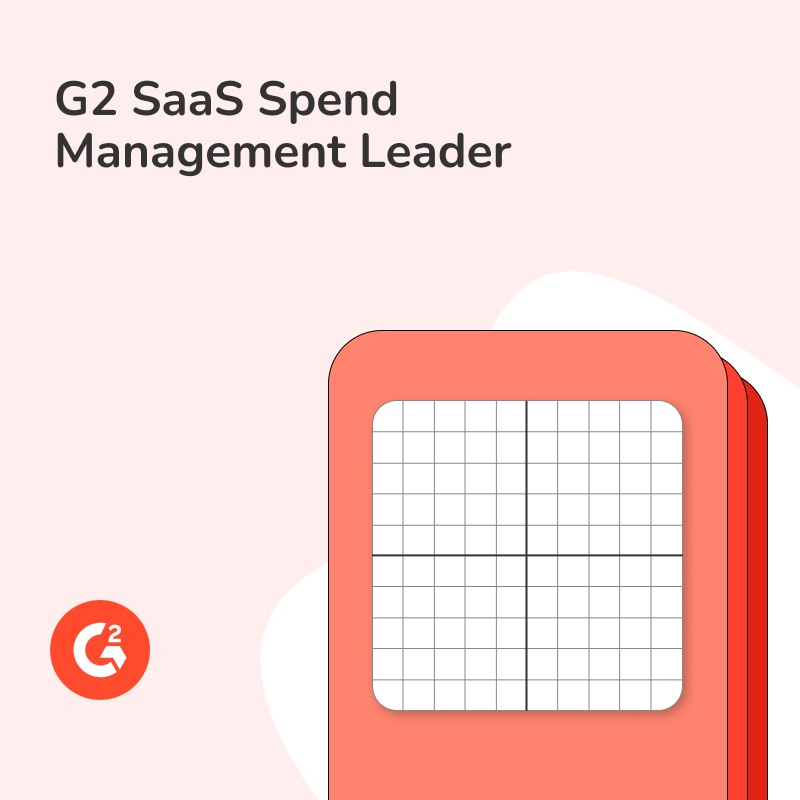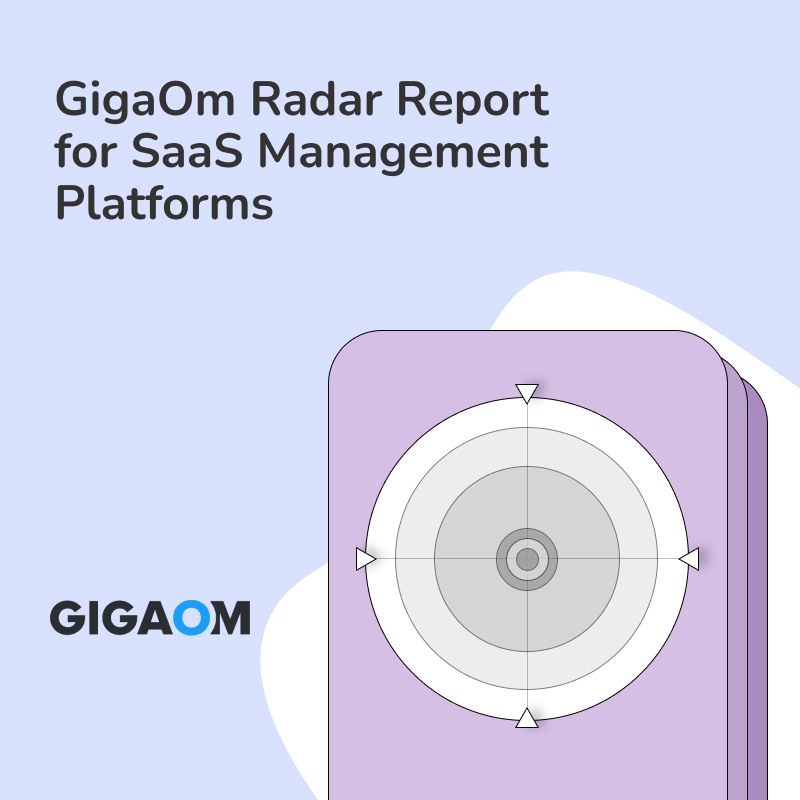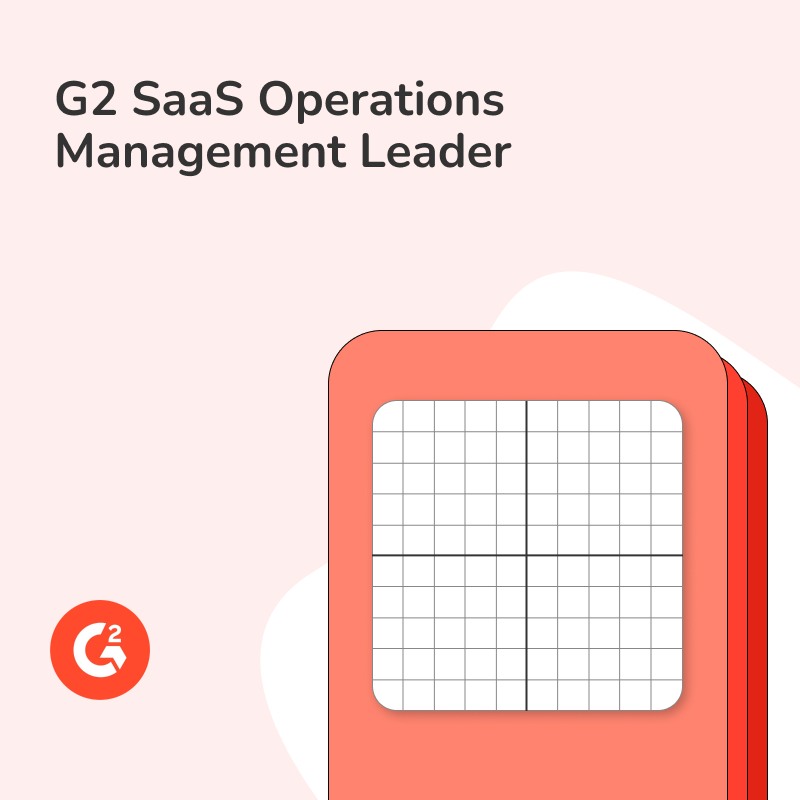AIOps Platforms, short for Artificial Intelligence for IT Operations Platforms, present an innovative fusion of big data and machine learning. They equip IT operations teams with tools that automate and enhance their operational processes by using analytics to identify and react to real-time issues, even before their occurrence.
Note: Boost your AiOps with comprehensive Shadow IT visibility, automating SaaS operations for onboarding/offboarding and reducing admin work. Optimize costs and manage contracts proficiently with Torii’s SaaS Management Platform.
What is the actual value of an AIOps platform, and what makes it just a set of AI operations tools? Notably, it’s about a unified and intelligent approach to IT operations. AIOps platform features like monitoring, alerting, and incident management are not standalone solutions. They are deeply integrated elements of an AI operations system that offers predictive analytics, anomaly detection, root cause analysis, and other sophisticated capabilities. Implementing an AIOps platform transforms basic IT operations into smart maneuvers, forecasting outages before they happen and facilitating smoother team collaboration.

Examples of AiOps Platforms
- IBM Watson AIOps: Adopts AI to automate IT operations. Its unique insight capability helps detect anomalies before they cause significant issues.
- Splunk IT Service Intelligence (ITSI): Employs machine learning to predict and prevent IT issues. Its Event Analytics feature is notable for incident prioritization.
- Dynatrace: Combines AI, automation, and advanced analytics for full-stack visibility. The Davis AI engine offers precise root cause detection.
- Moogsoft: Leverages AI for noise reduction and incident correlation. Its Situation Rooms feature supports effective collaborative problem-solving.
- AppDynamics: Provides AI-powered insights for application performance monitoring. Its Business IQ feature stands out in the context of business performance.
- New Relic: Utilizes AI for proactive detection and troubleshooting. Its New Relic One platform enhances the user experience via an entity-centric observability model.
- Torii: Though not a traditional AIOps platform, Torii’s SaaS management solution can support AIOps spirit in managing, optimizing, and controlling enterprise SaaS applications. Its integration abilities strengthen SaaS governance and monitoring.
Best Practices for AiOps Platforms
- Choosing AIOps Platforms
Tap into AI operations tools equipped with functionality capable of streamlining IT operations, from AIOps monitoring and alerting to AIOps anomaly detection and root cause analysis. Ensure the chosen AIOps platform provides AI for IT operations, aligns with your business needs, and can scale as your organization grows – demonstrating AIOps scalability.
- Implementation
Start with a phased AIOps implementation. Begin with integrating AIOps alerting and monitoring. Gradually implement more complex capabilities such as AIOps predictive analytics and anomaly detection.
- Data Integration
Ensure your AIOps platform features a robust data integration system. Seamlessly combine data from disparate sources for intelligent IT operations, creating a unified view for more accurate and faster decision-making.
- Automation
Utilize AIOps automation to streamline IT operations. Auto-remediation can handle routine tasks, freeing your IT staff for more complex issues.
- Performance Management
Use AIOps performance management to measure and improve overall IT efficiency. Monitor critical metrics and KPIs to drive superior performance.
- Incident Management and Anomaly Detection
Leverage the power of AIOps incident management and anomaly detection to quickly identify and remediate faults. This can help significantly reduce system downtime.
- Root Cause Analysis
Implement AIOps root cause analysis to identify and resolve underlying issues, preventing the recurrence of the same problems.
- Collaboration
Encourage AIOps collaboration across IT and business units for increased efficiency. Cross-functional collaboration can lead to more effective problem-solving.
- Training
Train staff on AIOps analytics and its functionalities, ensuring adoption and effective use of the system is at its highest potential.
- Case Studies
Review AIOps case studies to understand how similar organizations have deployed and benefited from AIOps. Analyze their strategy, successes, and learnings to apply best practices most relevant to your organization.
- Torii SaaS Management Platform
Integrate platforms like Torii, a SaaS Management Solution, to centralize and automate operations. This can enhance SaaS utilization, lower costs, and facilitate custom plugin creation. It offers additional capabilities like shadow IT discovery, crucial for maintaining security and compliance.
With these steps, implement an effective AIOps solution that optimizes IT performance, improves decision-making, minimizes system downtime, and ensures efficient use of resources.
Related Tools for AiOps Platforms
- Torii: AI-powered SaaS Management Platform for IT departments, streamlining software management and optimizing costs.
- BigPanda: AIOps platform that correlates alerts to prioritize incidents and reduce noise.
- Moogsoft: Provides AI capabilities for incident response and root cause analysis.
- Loom Systems: AI platform for predictive analytics and proactive monitoring in IT operations.
Related Concepts in AiOps Platforms
AiOps Platforms is a vast topic with a wealth of terms to explore. Here are five critical terms to get you started:
- Machine Learning: The ability of computers to learn and make predictions or decisions without explicit programming.
- Data Analytics: Examining and interpreting data to uncover meaningful patterns and insights.
- DevOps: The combination of development (Dev) and operations (Ops) to streamline processes and improve collaboration in software development.
- Incident Management: Identifying, analyzing, and resolving issues or disruptions to IT services.
- Cloud Computing: The practice of using remote servers on the internet to store, manage, and process data.
These terms offer a deeper understanding of AiOps Platforms, but there’s much more to explore. Check out our full glossary directory.
FAQs: AiOps Platforms
Q: What is an AIOps platform?
A: An AIOps platform is a technology that leverages artificial intelligence and machine learning to enhance IT operations and management.
Q: What are the benefits of using an AIOps platform?
A: AIOps platforms offer benefits such as improved visibility, faster incident response, reduced downtime, proactive problem-solving, and automation of routine tasks.
Q: How does an AIOps platform work?
A: AIOps platforms collect and analyze large volumes of data, including log files, performance metrics, and events, to identify patterns, anomalies, and trends. They use this information to provide insights and automate intelligent actions.
Q: What features should I look for in an AIOps platform?
A: When evaluating an AIOps platform, look for features like machine learning algorithms, predictive analytics, automated alerting, root cause analysis, and integration capabilities with existing IT tools.
Q: How can an AIOps platform help with IT incident management?
A: An AIOps platform can help with IT incident management by automatically detecting anomalies, correlating events, and providing context-aware insights to identify the root cause of issues quickly. This leads to faster incident resolution and reduced impact on business operations.
